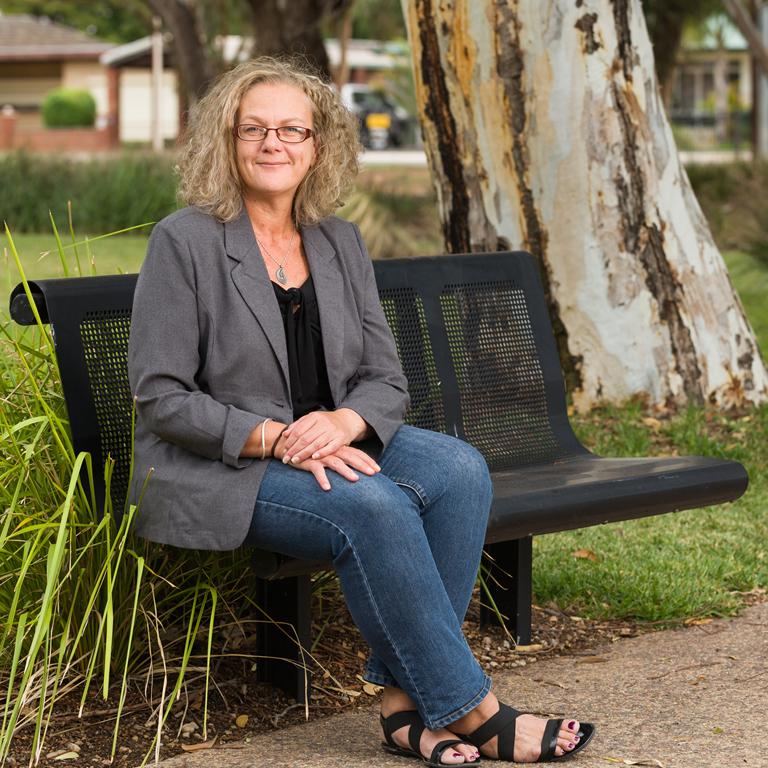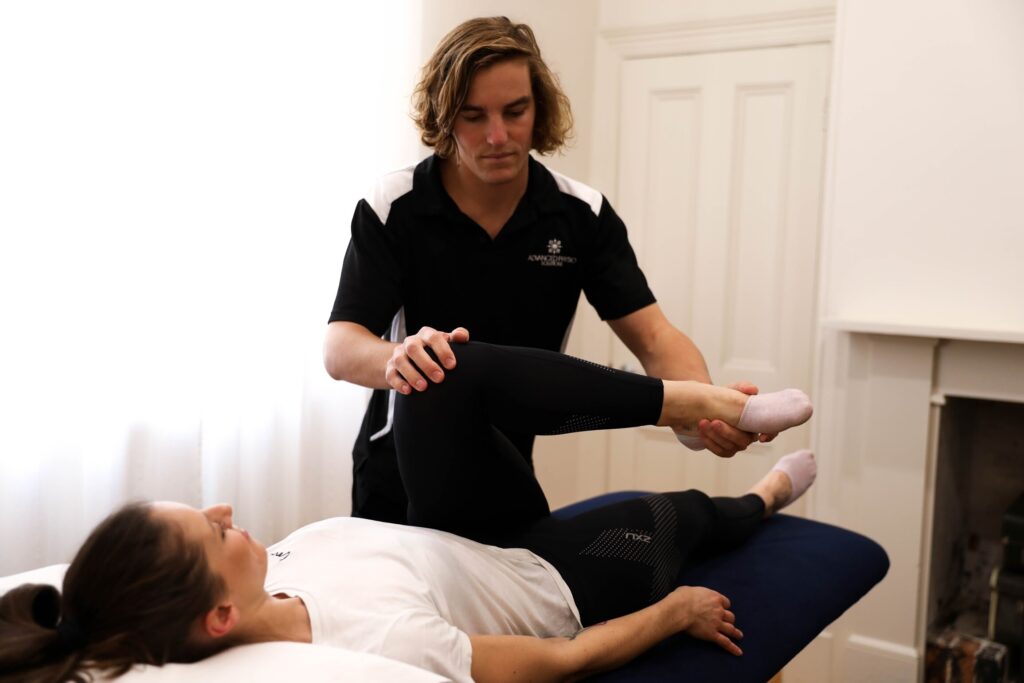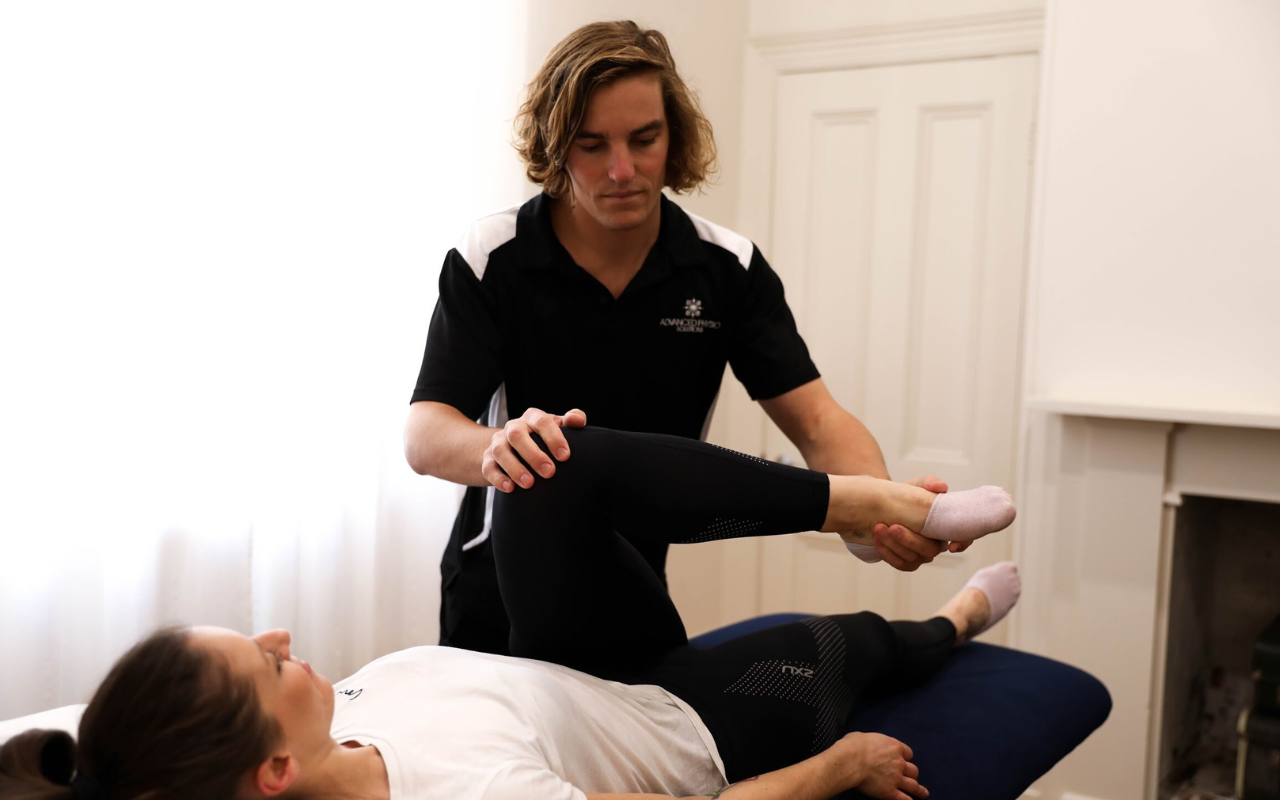Rural placements enable medical, nursing, midwifery, and allied health students to work at the top of their scope of practice, but that is just one advantage of practising in a rural area.
Rural health care placements offer a range of students a broader scope of practice in their first years after graduation, according to a recent narrative review published in the Medical Journal of Australia.
The review, undertaken by members of seven Australian universities with departments of rural health, explored the efficacy of their programs, as well as the overall benefits of rural placements for students and communities.
Ms Sandra Walsh, a Research Assistant with the University of South Australia Department of Rural Health, was the lead author.
“The biggest challenge for rural health right now, and into the future, is growing and sustaining a rural health workforce,” Ms Walsh said.
“Rural placements are one part of that puzzle. We know we can change the way people perceive rural health through rural placement.”

The unique benefits of rural placement
The review found that successful rural placements changed perceptions about rural practice, leading to more students deciding to work rurally.
“We found that rural placement and rural practice intention were linked,” she said.
“But [rural placement] also impacted principal place of practice.”
The main reason for the success of rural placements was the ability for students to work at the top of their scope of practice, Ms Walsh said.
“The feedback from students is that they get to do and see so much more on a rural placement,” she said.
“They get to practise in their role more, and they’re trusted more. Having been a rural practitioner myself, if you want to work in the full extent of your scope of practice, rural practice is where you want to be.”
The review found several other factors leading to students who completed rural placements staying in rural work, including a more collaborative working environment.
“In country areas where you don’t have a huge team of specialists, people often work in a multidisciplinary and interdisciplinary way,” Ms Walsh said.
“We don’t always teach about interdisciplinary practice in [non-rural] courses; we tend to focus on our own discipline.”
Rural placements also offer students a unique opportunity to work in Aboriginal and Torres Strait Islander health care.
“Students valued the opportunity to learn about First Nations culture and gained a better understanding of their health needs,” she said.
“Working in partnership with local Aboriginal health organisations to provide a placement was good for the organisations, good for the people and good for the students.”
The review also identified that one of the consistent elements of a successful student placement was quality supervision.
“If a supervisor loves rural practice, they give the student the passion for rural health,” Ms Walsh said.
In rural communities, relationships are key
Rural placements can create trust and ongoing relationships with local communities, Ms Walsh said.
“You can often be creative with how you do a placement, and put students into an area of need, that the organisation might not have capacity to cater to,” Ms Walsh said.
In one program in Broken Hill, medical students delivered a speech pathology clinic for school students, providing interventions and reducing speech pathology waiting lists from 250 clients to eight clients in one year.
A student who chose rural work
Tyler Kelly is a physiotherapist at a private clinic in Moonta on the Yorke Peninsula of South Australia, 165 km north-northwest of Adelaide and with a population of just over 5000.
After completing a rural placement in Port Lincoln, Mr Kelly looked for an opportunity to work rurally.
“I came up to Moonta for a few days just to see if I liked it. That was four years ago,” he said.

Tyler agreed that working in a rural area greatly improved his scope of practice.
“It’s the breadth of clientele,” he said.
“Out here, we’ve got quite a big population per health care provider. We get a lot more exposure to a much wider variety of conditions.
“One client we work with, for example, has quite a rare cognitive neurological condition. In the city, a first-year [physiotherapist] would be unlikely to get that sort of exposure. It would be more likely to go to a more senior clinician.”
Mr Kelly said that working rurally allowed him to be not just a clinician but part of a community.
“You see your clients at the shops and the footy,” he said.
“You’re much more engaged with the community. You’re not just a random person that’s a physiotherapist.”
Helping more students choose rural placements
Further research is needed to promote the benefits of rural placements, Ms Walsh said, with a new collaboration exploring the longer term influence of rural placements on where students practise.
“The Nursing and Allied Health Graduate Outcomes (NAHGOT) study will be one of biggest tracking studies of its kind,” Ms Walsh said.
“So far, eight universities are involved.”
The study aims to understand why nursing, midwifery, and allied health graduates choose to work in metropolitan or rural, regional or remote settings.
Subscribe to the free InSight+ weekly newsletter here. It is available to all readers, not just registered medical practitioners.

 more_vert
more_vert
Totally agree with growler.
As students, you might be inspired by what rural clinicians do, and wanting to do the same.
Once you’ve worked for few years, knowing your city based peers work less hours and be paid more, whilst sacrificing your entertainment options, less choices for schools for the kids, and the fact that there is nobody to cover for your leaves, and when you take time off, people sarcastically say behind your back, and the fact that people of various authorities keep saying “yes we want to support rural”, but “sorry there is no funding”, you will make the same decision as your city based peers.
PAY the staff what they’re REALLY worth (along with adequate staff levels, reflective of the extreme workloads) and watch them come. Until that time however……